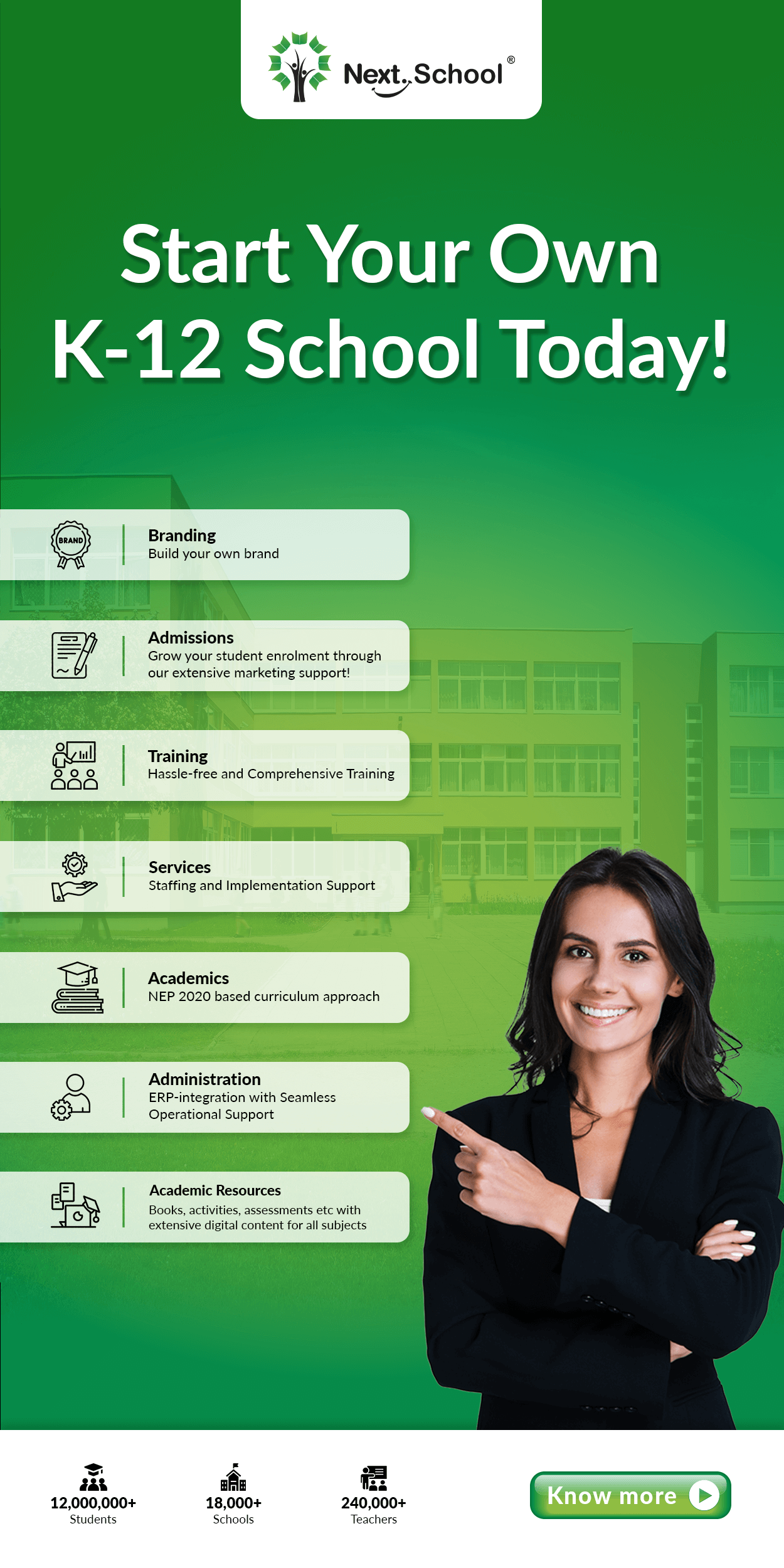According to Jean Piaget, ‘What we see changes what we know. What we know changes what we see.’ This process of constant change comes from education and cognitive development. Piaget believed that children’s ability to ...
The goal of education is not to increase the amount of knowledge but to create the possibilities for a child to invent and discover, to create men who are capable of doing new things. – ...
Cognitive development is a progressive reorganization of mental processes as a result of biological maturation and environmental experience. Children construct an understanding of the world around them, then experience discrepancies between what they already know ...
What is the nature of children’s knowledge? How does it change as they grow? These fundamental questions revolve around cognitive development. Cognitive development refers to how a child explores, thinks and gains an understanding of ...




